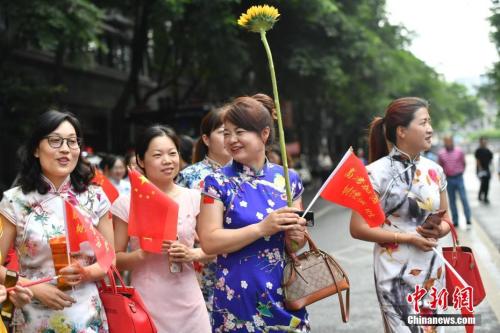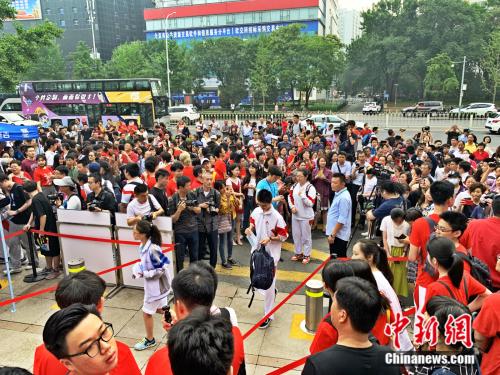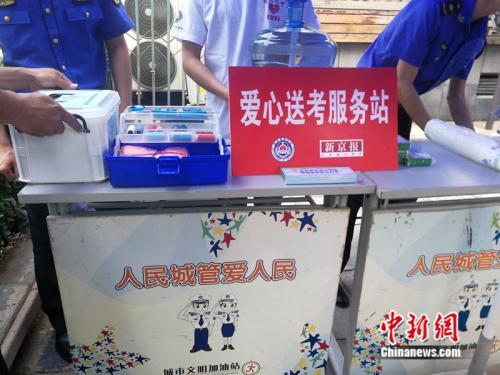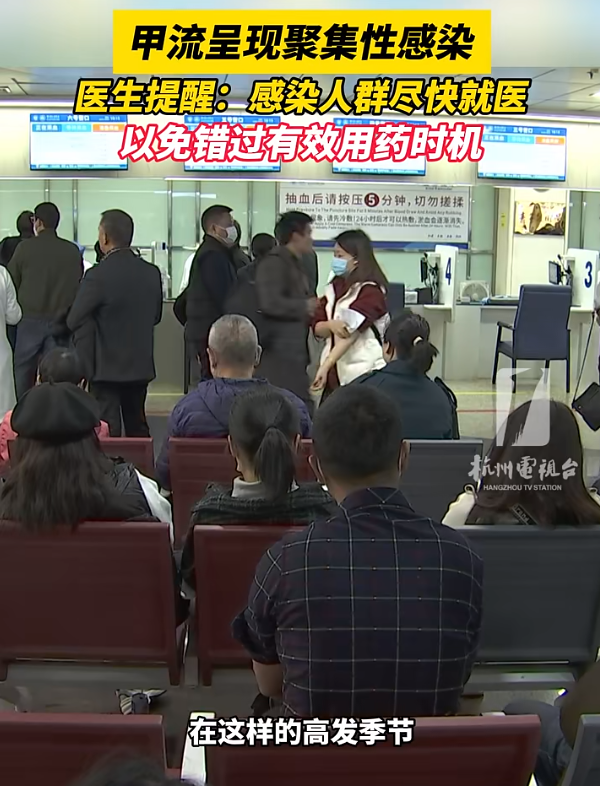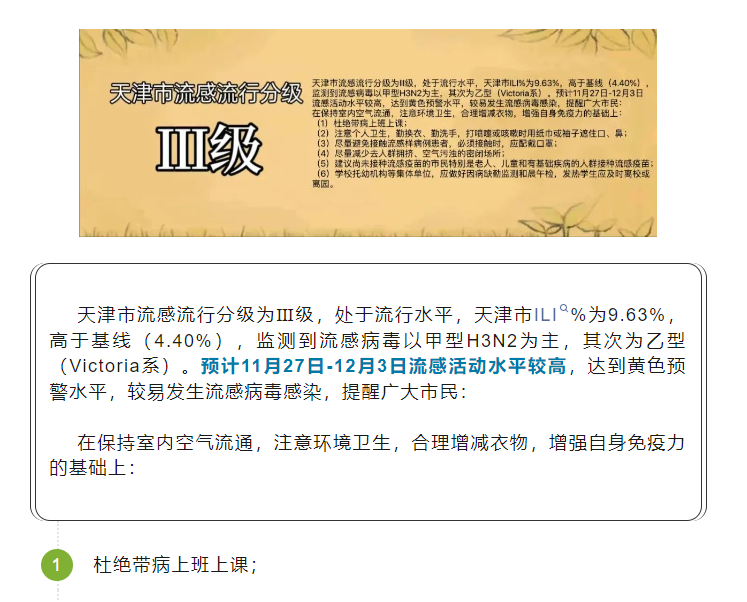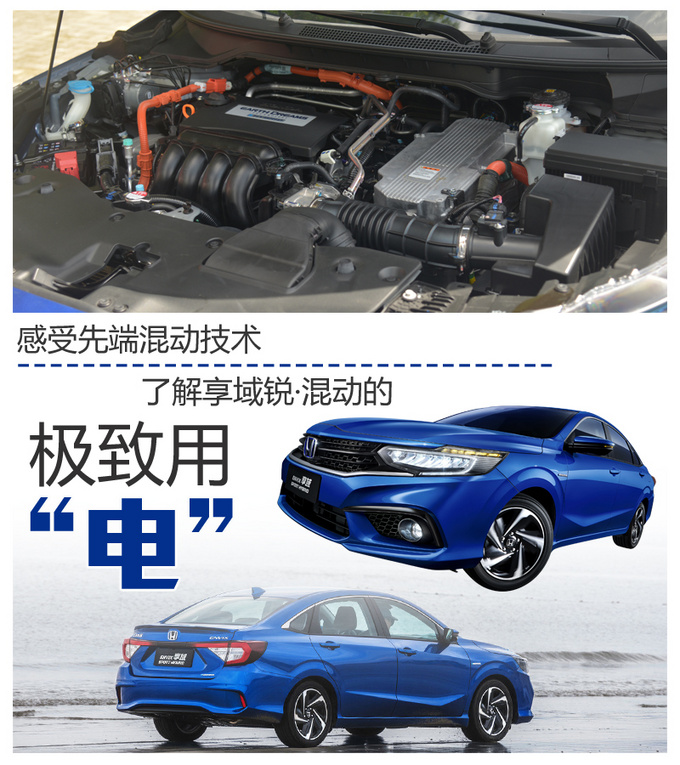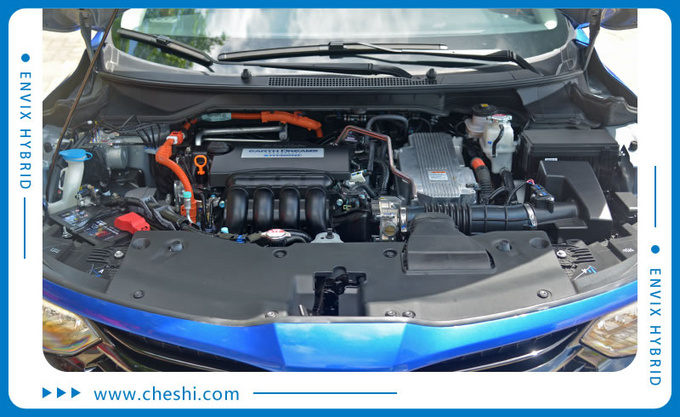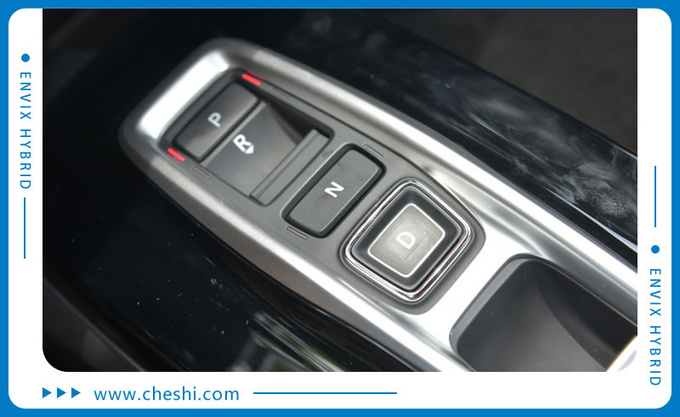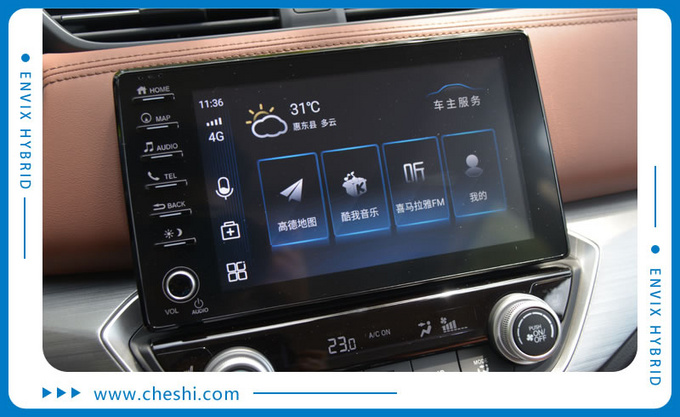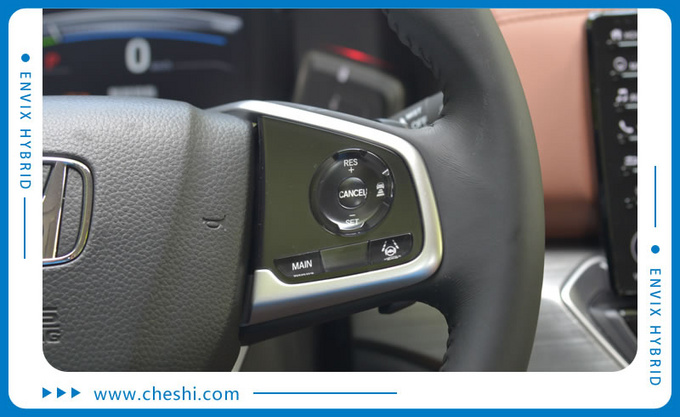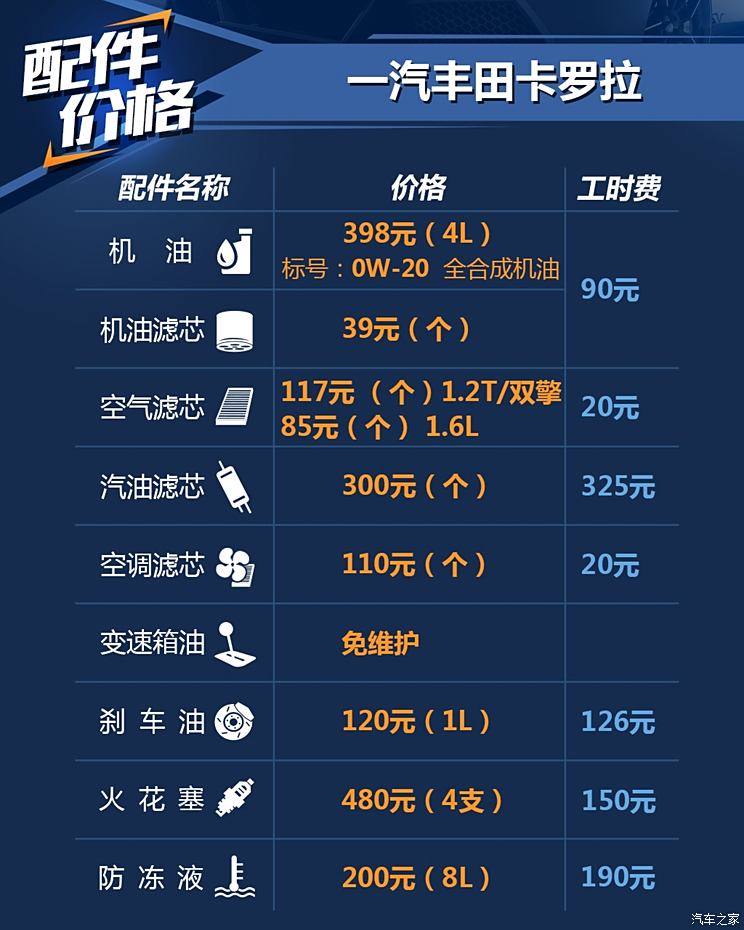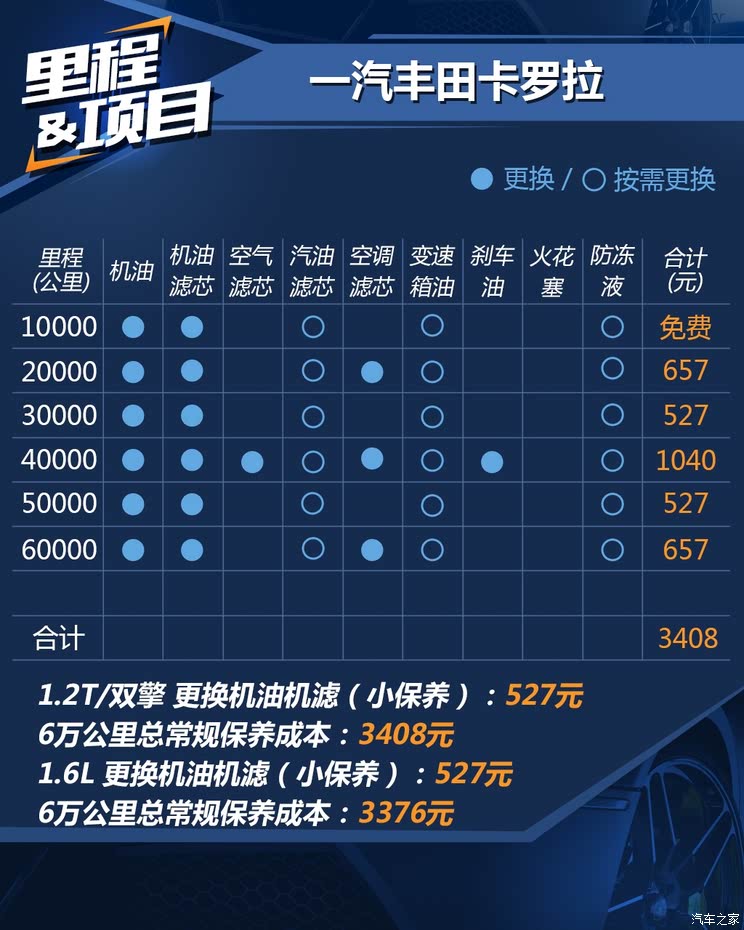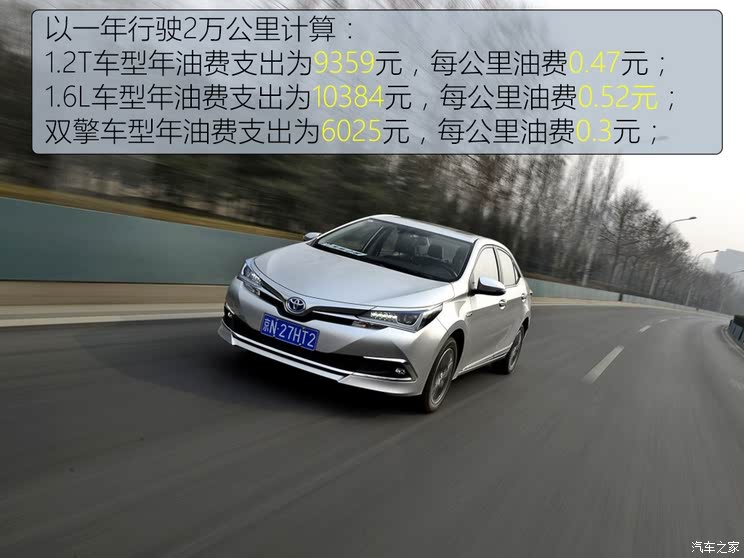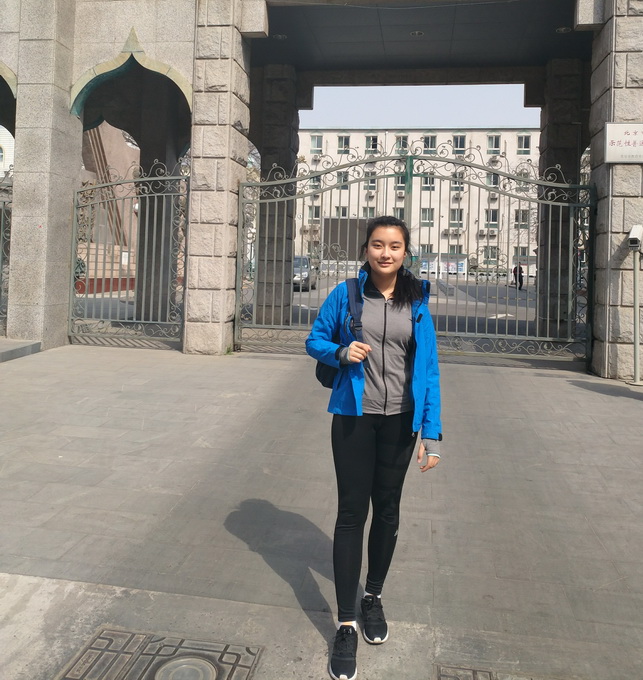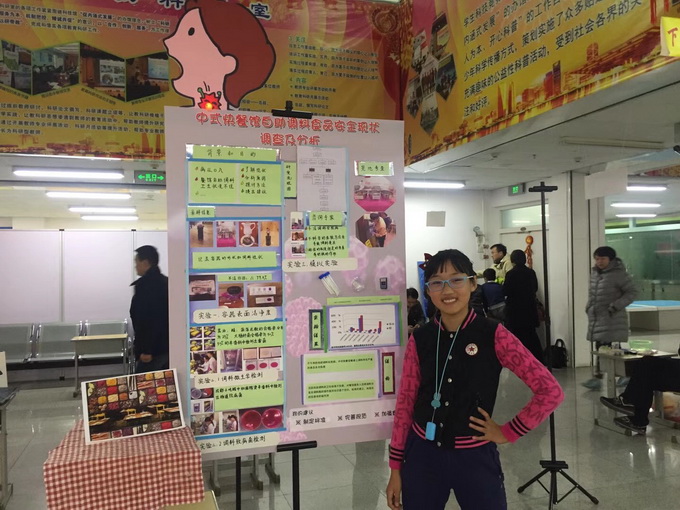If the box office is the "identity card" of a movie, then this global box office list is undoubtedly the ultimate certification of the influence and popularity of the movie.
So, which films can be so successful and become frequent visitors to the TOP 10 box office of global film history? Let’s start from this list and unveil their "magic" veil one by one.
10. Jurassic World-$1.56 billion.
Director: colin trevorrow
Starring: chris pratt, bryce dallas howard, etc
Release date: June 10, 2015 (Chinese mainland)
As a restart of the Jurassic Park series, Jurassic World made a global box office of $1.56 billion and became one of the most successful dinosaur movies in film history.
The story is set in the sequel of "Jurassic Park", this time it is a completely commercialized large-scale dinosaur theme park. However, in order to enhance the tourist experience, scientists artificially cultivated a new type of super dinosaur-"Indominus rex".
However, this monster managed to escape and caused panic. Park administrators and dinosaur experts must work together to deal with this disaster.
Why is the box office so bright?
First of all, the dinosaur theme itself is an element with great visual impact, especially with the blessing of modern technology, the special effects of the film are shocking.
In addition, the nostalgic feelings of the film itself also provide a strong attraction for the older generation of fans. The game between the resurrection of dinosaurs and the fate of mankind has brought exciting adventure experience to the audience, so it has received a warm response from all over the world.
9. The Lion King-$1.605 billion
Director: jon favreau
Starring: donald glover, Alfre Woodard, etc
Release date: July 12, 2019 (Chinese mainland)
Disney’s classic remake "The Lion King" has created a more vivid African grassland world through exquisite CGI animation technology. The global box office reached $1.605 billion, making it one of the most successful animation remakes in the global film history.
The film tells the story of Simba, a young lion, who finally grew into a new king after his father Mufasa died and led the animal kingdom back to peace.
The film continues the classic plot of the original "The Lion King" in 1994, but through surreal visual effects, it presents a more shocking natural scene and touching emotions.
The success of this film is inseparable from the strong brand effect behind it and the attraction of classic stories. Both the role of "Simba" and the touching "Circle of Life" have left a deep impression on many people’s hearts.
Coupled with the brand-new visual effects, it has brought unprecedented immersion, which has made fans all over the world enter the cinema and set a new box office record.
8. Inside Out 2-$1.765 billion.
Director: Kelsey Mann
Starring: my poehler, Guan Xiaotong, Maya Hawke, etc
Release date: June 21, 2024 (Chinese mainland)
As a sequel to Pixar’s classic animated film Inside Out, this film undoubtedly captured the hearts of the audience, and the global box office reached $1.765 billion, making it another box office miracle of the global animated film.
The film continues to revolve around the emotional and psychological world, telling the changes and conflicts in the emotional world during the growth of the little girl Ruili. With the addition of new characters and emotions, the story deeply discusses the complex relationship between emotion and growth.
Pixar’s "spiritual world" once again touched countless families and adults.
The film not only has deep emotional resonance, but also shows a colorful inner world through innovative visual effects, bringing not only laughter but also deep thinking to the audience.
Every delicate emotional depiction allows the audience to see their own shadow on the screen and reflect on life.
7. "Spider-Man: No Way Home"-$1.846 billion.
Director: Jon Watts
Starring: Tom Holland, Zendaya, Benedict Cumberbatch, etc
Release date: December 17, 2021 (USA)
Spider-Man: The Hero Without Return has a global box office of $1.846 billion, which has become another milestone in the Marvel movie universe.
This film continues the story of Tom Holland’s version of Spider-Man, and peter parker is under great pressure after his public identity.
He sought Doctor Strange’s help and tried to change the past through magic, only to bring many enemies in parallel universes to the real world. In the face of these formidable enemies, Spider-Man must stand up and protect itself and the people around it.
The highlight of this film lies in the setting of parallel universes, which makes multiple versions of Spider-Man "in the same frame" for the first time. This innovation not only brings a nostalgic visual experience, but also makes fans crazy about it.
Coupled with the powerful appeal of the Marvel movie universe, the box office of the movie naturally broke the record easily.
6. Avengers: Infinity War)—19.15 billion dollars.
Director: anthony russo, joe russo.
Starring: Robert Downey Jr., Chris Hemsworth, etc
Release date: May 11, 2018 (Chinese mainland)
As the third work in the The Avengers series, Infinite War has set a new record for the Marvel movie universe with a global box office of $1.915 billion.
The film tells the story of thanos, the overlord of the universe, who exterminated the universe on a large scale in order to collect "infinite gems". The Avengers, Guardians of the Galaxy and other heroes joined forces to stop thanos’s crazy plan to the death.
Infinite War is the culmination of Marvel Universe’s ten-year accumulation. The film brings together various heroic characters and brings epic battle scenes.
Moreover, the shaping of thanos, the super villain, is profound and complicated, which makes the audience look forward to the ending. The plot of the film is compact and the climax is repeated, which makes the audience shocked and moved, and finally the box office flies into the sky.
5. Titanic-$2.157 billion
Director: James Cameron
Starring: Leonardo DiCaprio, kate winslet
Release date: April 3, 1998 (Chinese mainland)
Since the film was released in 1998, with its eternal love story and disaster elements, the global box office has reached $2.157 billion, making it one of the most classic films in film history.
The film tells the forbidden love between Jack and Ruth across class and destiny under the background of the sinking of Titanic in 1912. Their love has gone through the test of life and death before the disaster is coming.
Titanic is the perfect combination of disaster movie and love story. The love in the film is extremely romantic, and the scene is shocking and touching.
The superb skills of director James Cameron and the tense layering of the plot make this film have a strong influence and long-term attraction in the world.
4. Star Wars: The Force Awakens—$2.168 billion.
Director: J. abrams
Starring: Daisy Ridley, John Boyega, Harrison Ford, etc.
Release date: January 9, 2016 (Chinese mainland)
Star Wars: The Force Awakens, as the seventh work in the Star Wars series, reached a global box office of 2.168 billion US dollars, which not only set a new high for the Star Wars series, but also became the third highest box office film in the global film history at that time.
The story happened 30 years after the Star Wars trilogy, and a new generation of heroes fought fiercely against the former villains.
In the process of searching for the missing luke skywalker, the heroine Rey (Daisy Ridley) gradually awakens the powerful Force and fights against the invasion of the First Order with the rebels.
First of all, the super popularity and strong fan base of the Star Wars series are the biggest guarantee for the box office of this film.
As a restart of the Star Wars series, The Force Awakens successfully continues the classic story background and character setting of the series, and at the same time introduces brand-new characters, attracting audiences of different ages.
In addition, the visual effect of the film is extremely shocking, and the scenes such as space war and lightsaber confrontation keep the audience staring, satisfying all the expectations of fans for "Star Wars".
Coupled with fans’ strong nostalgia for luke skywalker, Harrison Ford and other veteran actors, the film naturally hit a new high at the box office.
3. Avatar: The Way of Water)—23.30 billion dollars.
Director: James Cameron
Starring: sam worthington, zoe saldana, kate winslet, etc
Release date: December 16, 2022 (Chinese mainland)
Avatar: The Way of Water, as a sequel to Avatar, continued its huge box office appeal, and the global box office exceeded 2.33 billion US dollars, which not only occupied an important position in the film history, but also became another personal box office masterpiece of James Cameron.
This film continues to tell the story of Jack and Neytiri (played by zoe saldana) on the adventure of Pandora. This time, they have to face new threats and explore a more mysterious and diverse underwater world. In order to protect their homes, Jack and Nietilly’s family had to wage a life-and-death struggle with foreign invaders.
Whether the first Avatar shocked fans or the sequel was launched, James Cameron firmly grasped the advantages of visual effects and innovative technology. The film uses the latest 3D technology and underwater shooting technology, which makes the audience feel as if they are in a fantastic alien world.
In addition, the family feelings and awe of the natural environment presented by the film are also its profound themes, which make people not only marvel at the visual effect, but also be moved by the emotional depth of the film. Coupled with the strong "Avatar Feelings" around the world, the box office naturally soared.
2. Avengers: Endgame (Avengers: End Game)-US$ 2.719 billion.
Director: joe russo, anthony russo.
Starring: Robert Downey Jr., Chris Hemsworth, Scarlett Johansson, etc
Release date: April 24, 2019 (Chinese mainland)
As the pinnacle of Marvel’s movie universe, Avengers: Endgame’s global box office reached $2.719 billion, successfully surpassing Avatar and becoming the highest-grossing movie in the world at that time.
The film continues the plot in Avengers 3: Infinite War. After losing half the life of the universe, The Avengers members still don’t give up hope and are determined to find and destroy the infinite gems collected by Thanos through time travel, thus saving the universe. In the end, the heroes and Thanos launched the ultimate confrontation.
The Final Battle is the result of ten years’ accumulation in Marvel’s film universe, which brings together the emotions and expectations of countless audiences for many superhero characters. The film integrates the plot lines of multiple films through time travel and other elements, presenting a perfect ending to the audience.
The most impactful moments are those full of emotional fluctuations, especially Iron Man’s farewell, which makes countless fans feel heartbroken. Coupled with the strong support of Marvel Comics fans, the box office of the film easily broke the record and became the second largest box office masterpiece in the world’s film history.
1. Avatar-$2.766 billion
Director: James Cameron
Starring: sam worthington, zoe saldana, michelle rodriguez, etc
Release date: January 4, 2010 (Chinese mainland)
As the global box office champion, "Avatar" indisputably topped the global box office with a box office of $2.766 billion, and maintained a record of more than ten years.
The film tells the story of American Marine Jack Sally (sam worthington) on Pandora. Through biological transformation, he became an "avatar" and entered the Nami society, gradually integrating into it. In the resource competition and cultural conflict between human beings and Nami people, Jack has to make a hard choice.
The success of Avatar first benefited from its revolutionary 3D technology and visual effects, which created a fantastic alien world for the audience.
James Cameron, with his unique directing technique, seamlessly integrates the opposition between science and technology and nature, love and fighting, morality and power.
Movies have set off a wave of 3D viewing on a global scale, inspiring countless people’s desire to enter the cinema. Coupled with the profound philosophical thinking and social repercussions behind the film, Avatar is not only a visual shock, but also a cultural phenomenon.
These top ten films in the box office list of global film history are not only commercial successes, but also cultural symbols.
Perhaps more films will challenge these records, but their position in the global film history is doomed to be irreplaceable.

